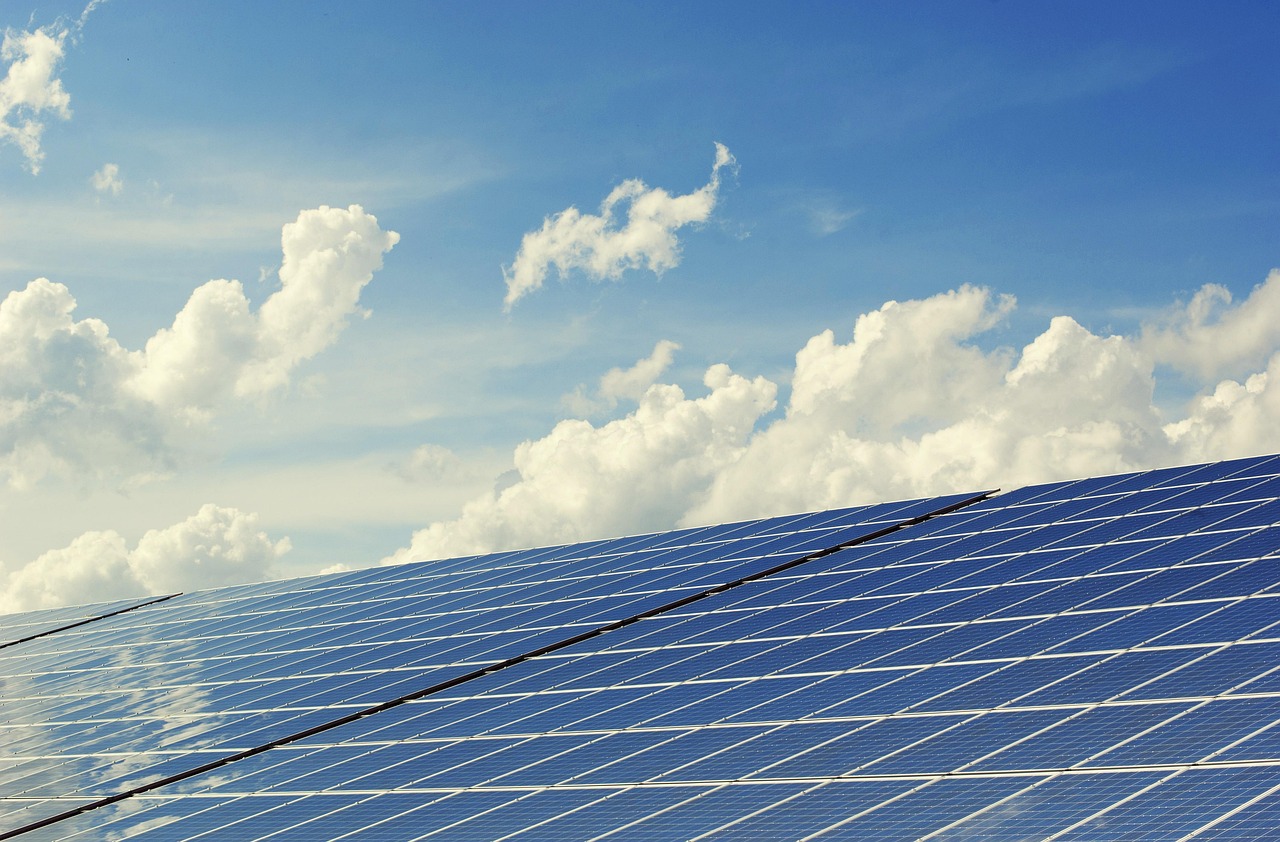Sustainable Manufacturing
Sustainable manufacturing and sheet metal hydroforming
FluidForming is Sustainable Manufacturing.

Are you looking for a cleaner, safer, and more sustainable manufacturing and sheet metal forming process? FluidForming is the most environmentally-friendly and sustainable metal hydroforming process available to American manufacturers.
Sustainable manufacturing -- that's done right here in the USA -- is key to creating a healthy, thriving American economy. Today’s most innovative manufacturers are actively looking for ways to minimize their environmental impact, navigate shifting supply chains, and lower costs while maintaining high quality standards.
Fortunately, sustainable manufacturing and sustainable metal forming processes — like FluidForming sheet metal hydroforming — can help American manufacturers and metal-driven industries achieve heightened efficiency, quality, and sustainability goals.

The Benefits Made in USA Sustainable Manufacturing.
- Increase operational efficiency.
- Minimize waste.
- Reduce operational costs.
- Lower energy costs.
- Improve quality.
- Meet new customer demand.
- Increase competitive advantage.
- Protect & strengthen your brand.
- Foster public trust.
- Build long-term business viability.
- Respond to regulatory constraints & opportunities.
- Access government incentives.
- Qualify for the R&D tax credit.
- Strengthen image as a global steward.
- Encourage innovation & new product development.

How FluidForming is Supporting Sustainable Manufacturing.
- Culture of continual improvement.
- Focused on eliminating waste.
- Pre-forming finite element analysis.
- Low total cost of FormBalancer press ownership.
- Eliminate consumables (hydroforming bladders, oils, hydraulic fluid, etc.).
- Eliminate wasteful overproduction.
- Nested tooling capabilities.
- Reduce raw material waste.
- Six Sigma (99.996%) first-pass yield rate.
- Improve product durability & reliability.
- Less solid & hazardous waste.
- Reduce carbon emissions.
- Recycled tap water is the forming force.
- Right-size equipment options.



